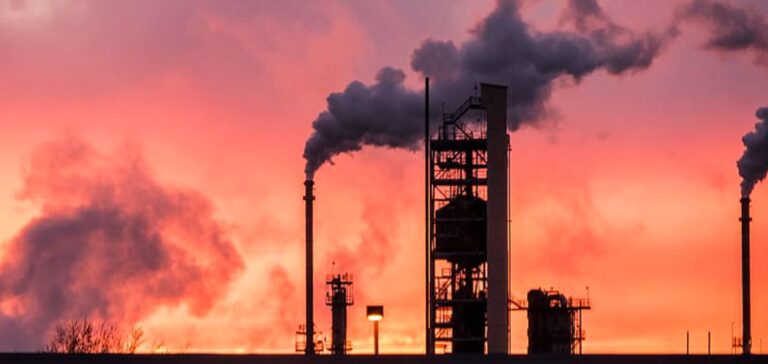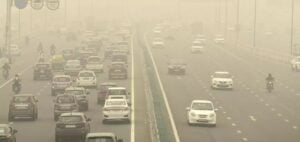Environmental policies have been singled out by the Organization for Economic Cooperation and Development and the International Energy Agency. These include increased support for fossil fuels. The protection of households from soaring energy prices linked to this policy undermines international climate objectives.
Aid that runs counter to environmental policies
Support for coal, oil and natural gas doubled to $697.2 billion in 2021. According to the OECD, G20 countries’ support for fossil fuels will be $190 billion in 2021, compared to $147 billion in 2019. Nevertheless, the OECD and the IEA believe that these measures due to price increases are ineffective. In fact, these subsidies targeting fossil fuels would favor privileged households while encouraging over-consumption.
The study of these organizations covers 51 of the major economies and about 85% of the world’s energy supply. The panel includes members of the OECD, the G2O and 33 other major economies. The estimate is made by comparing the prices of fossil fuels on the international markets with those on the domestic markets.
The low carbon alternative
IAE Executive Director Fatih Birol stresses the importance of developing low-carbon energy.
He states:
“Increasing investment in clean energy and technology is the only sustainable answer to the current global energy crisis, and the best way to reduce consumer exposure to high fuel prices.”
The OECD and the IEA regularly call for an end to inefficient subsidies for fossil fuels and for the development of low-carbon alternatives.





















